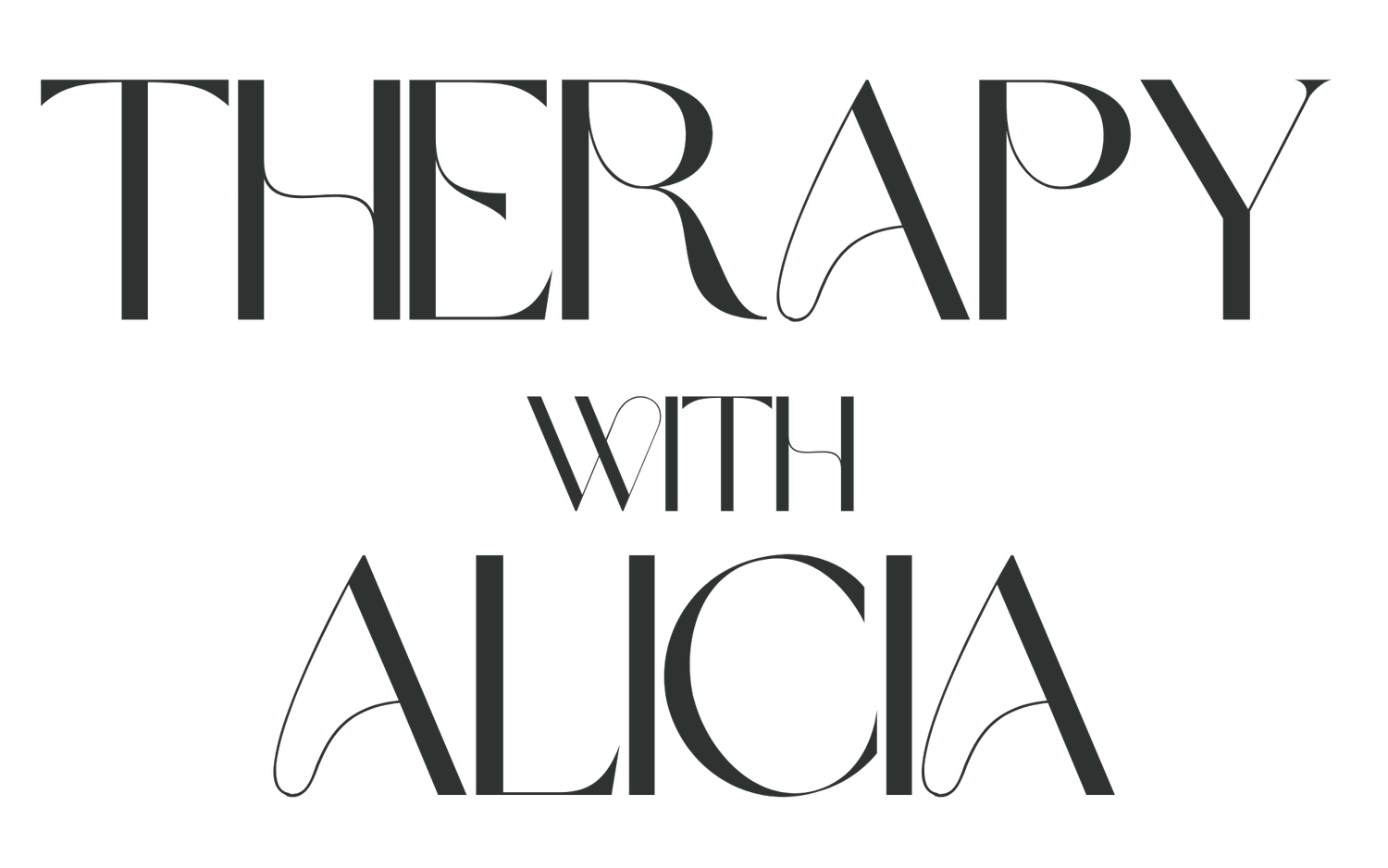Signs You’ve Outgrown A Version Of Yourself
Looking back, many of us can identify seasons when we were “in-between selves”—no longer who we were, but not yet who we’re becoming. These transition periods often feel disorienting: you know something is shifting, but you can’t quite articulate what. Your center feels harder to find. You may lean on old patterns, return to familiar roles, or look outside yourself for direction more than usual.
In Internal Family Systems (IFS), this is a threshold moment: a phase where old strategies loosen and new ones haven’t fully formed. You’re shedding a version of yourself that once made perfect sense—one that protected you, helped you connect, and kept you safe—and now no longer fits.
Like a snake shedding its skin, these moments are not failures. They’re part of the necessary evolution of Self.
Below are a few signs that you’re outgrowing an old identity.
1. Your Typical Coping Just Doesn’t Cut It
Strategies that once carried you—overworking, perfectionism, caretaking, people-pleasing—start to lose their effectiveness. You may notice:
The same effort yields less relief.
You feel depleted faster.
You can’t override your body as easily.
Nothing is wrong with you. You didn’t “lose control.” Your internal system is simply reorganizing as you move into a new phase of life.
In IFS terms, protector parts begin to sense:
“Maybe we don’t need to work this hard anymore.”
That friction—the tug between old and new—is not a breakdown. It’s growth.
2. The Roles You Used to Play Don’t Fit Anymore
Caretaker. Fixer. Overachiever. Responsible one. The one who smooths everything over.
These roles may have once helped you feel valued, safe, or connected. But as you reconnect with your Self, you start to notice:
The energy required to maintain the role is greater than the return.
You can’t contort yourself the way you used to.
Your body says “no” even when your mind says “I should.”
You might find yourself thinking:
“I can’t pretend to be okay with this.”
“Why am I always the one who has to do this?”
“This just doesn’t feel good anymore.”
These are signs of structural change in your inner system.
3. You Crave Something Different
Outgrowing an identity creates space. Into that space comes desire—quiet but persistent.
Possibility opens. You may not know what you want yet, but you can feel a shift in your orientation. You’re pulled toward something more aligned, even if it’s still unfamiliar.
Protector parts may react with anxiety or hesitation:
“What if this doesn’t work out?”
“What if we lose everything?”
You can begin an internal dialogue that reassures them:
“I can handle this.”
“We have tools now.”
“We’re evolving, and this takes time.”
This inner conversation is how courage builds—slowly, incrementally, authentically.
What IFS Says About This Threshold Space
From an IFS perspective, an identity transition isn’t a collapse. It’s a reorganization toward greater Self-leadership.
Common indicators include:
Protectors relaxing their intensity
Exiles expressing long-muted needs
Clarity emerging through body sensation rather than cognition
Curiosity rising where fear once dominated
The version of you that you’re outgrowing isn’t wrong or broken. It was adaptive. It carried you through. Outgrowing it means you’re ready for more spaciousness and choice.
How to Move Through the In-Between
A few practices can help anchor you:
Pause before reacting. Even 10 seconds of awareness interrupts old autopilot responses.
Validate the grief. You’re gaining a new self, but you’re also losing an old one. Honor both.
Don’t rush clarity. The liminal space is where truth reorganizes itself.
Listen for desire. Not the “shoulds”—the quieter wants beneath them.
Let it be slow. Sustainable transformation is gradual. Self-growth is a long game.
Closing
Outgrowing a version of yourself is not a crisis. It’s an initiation.
If you’re navigating a threshold moment—feeling the pull toward authenticity while shedding strategies that no longer serve you—therapy can offer a grounded, compassionate space to explore who you’re becoming and what parts need support.
You don’t have to rush the becoming. You only have to stay in relationship with yourself as you cross the threshold.
